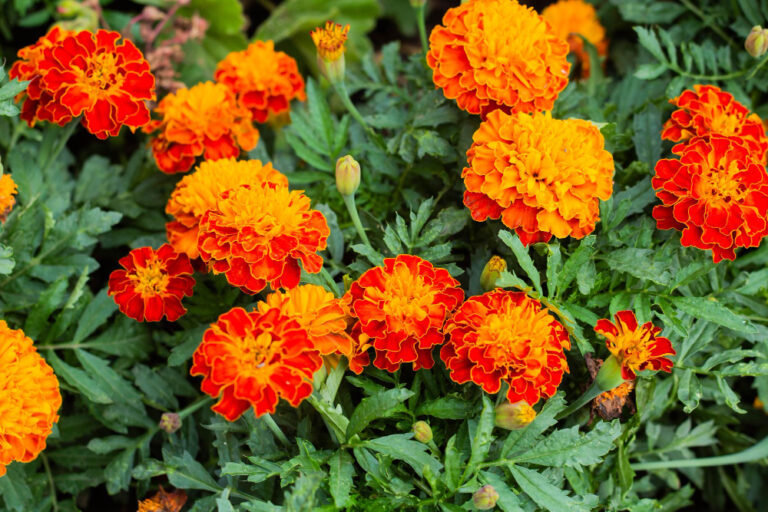
Are you tired of harmful chemical pesticides and fungicides? Do you want to protect your plants naturally and sustainably? Creating your own organic solutions is a fantastic way to keep your plants healthy and vibrant, even in urban environments.
This post may contain affiliate links. If you choose to make a purchase from the links on this site, I may earn a small commission at no extra cost to you. I will only recommend products that I genuinely believe will add value to you. Your support is highly appreciated!
Why Choose Organic?
Organic pest and fungicide solutions are not only safer for you, your family, and the environment but also effective in controlling pests and diseases. By using natural ingredients, you can avoid harming beneficial insects and pollinators, promoting a balanced ecosystem in your garden.
DIY Organic Pesticide:
Ingredients:
- 1 tablespoon liquid Castile soap
- 1 teaspoon neem oil
- 1 quart warm water
Instructions:
- Combine Ingredients: Mix all ingredients thoroughly in a spray bottle.
- Shake Well: Before each use, give the bottle a good shake to ensure the ingredients are evenly distributed.
- Spray Affected Areas: Apply the solution directly to infested plants, focusing on the undersides of leaves where pests often hide.
- Repeat as Needed: Reapply the pesticide every 7-10 days until the pest problem is resolved.
DIY Organic Fungicide:
Ingredients:
- 1 tablespoon baking soda
- 1 teaspoon liquid Castile soap
- 1 gallon warm water
Instructions:
- Mix Solution: Combine baking soda, soap, and water in a spray bottle.
- Shake Well: Shake the bottle vigorously to ensure the ingredients are fully dissolved.
- Spray Affected Plants: Apply the fungicide to both sides of leaves, as well as the stems and fruits of infected plants.
- Repeat as Necessary: Reapply the fungicide every 7-10 days, or as needed to control fungal growth.
Additional Tips for Successful Organic Pest and Fungicide Control:
- Monitor Your Plants Regularly: Inspect your plants for signs of pests and diseases, such as discolored leaves, holes, or unusual growths. Early detection is key to effective treatment.
- Practice Good Garden Hygiene: Remove and dispose of infected plant debris to prevent the spread of diseases. Keep your garden clean and weed-free to reduce pest and disease pressure.
- Encourage Beneficial Insects: Attract beneficial insects like ladybugs and lacewings to your garden by planting flowering plants and providing nesting sites. These beneficial insects can help control pests naturally.
- Rotate Crops: If you’re growing vegetables or herbs, rotate your crops each season to disrupt the life cycle of pests and diseases.
- Use Companion Planting: Plant certain plants together to deter pests and attract beneficial insects. For example, planting marigolds near tomatoes can help repel nematodes.
By creating your own organic pest and fungicide solutions, you can protect your plants and the environment. Remember, consistency is key to successful organic pest and disease control.
